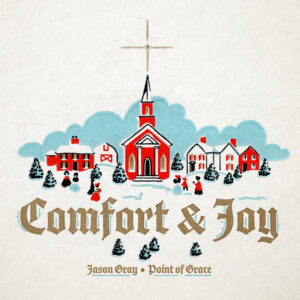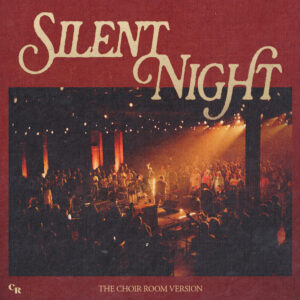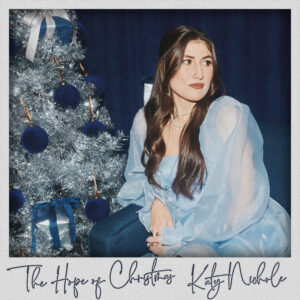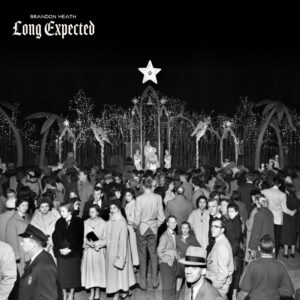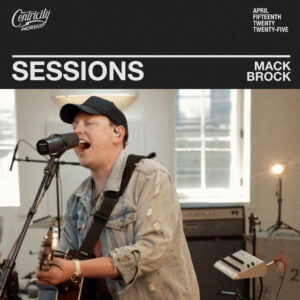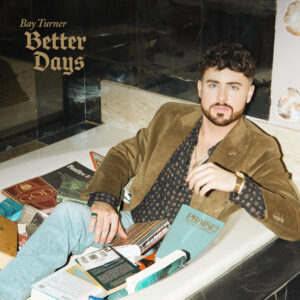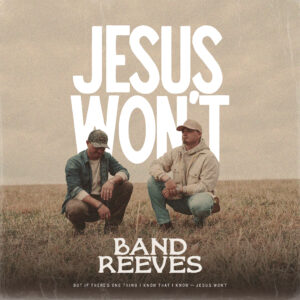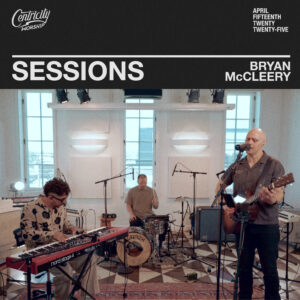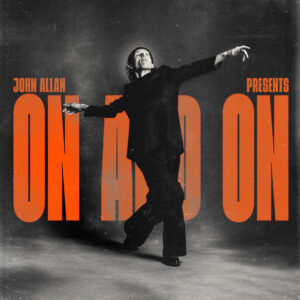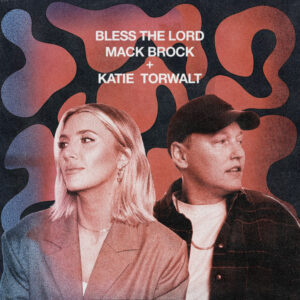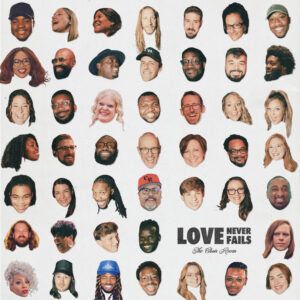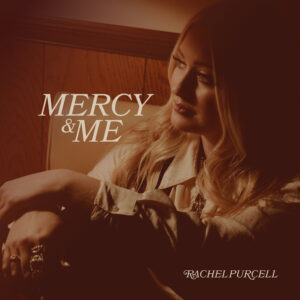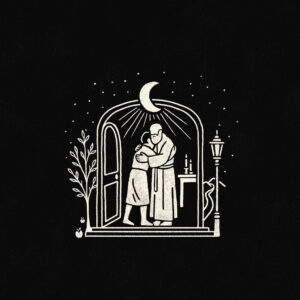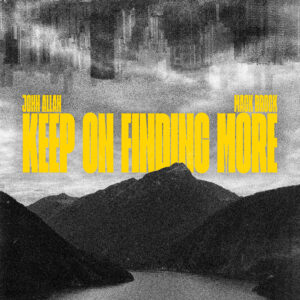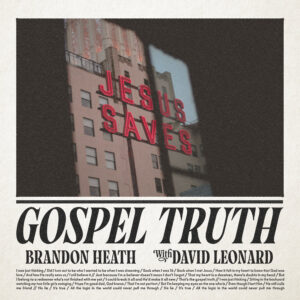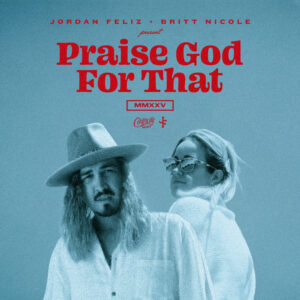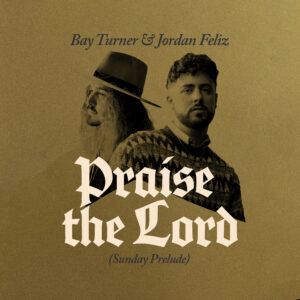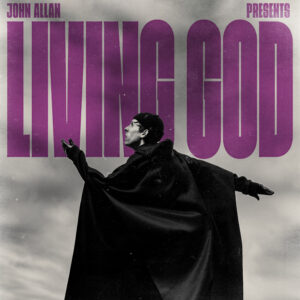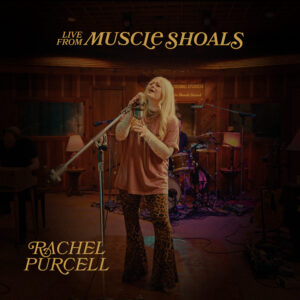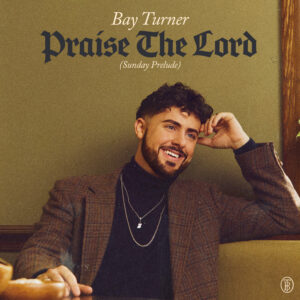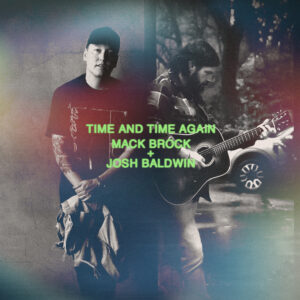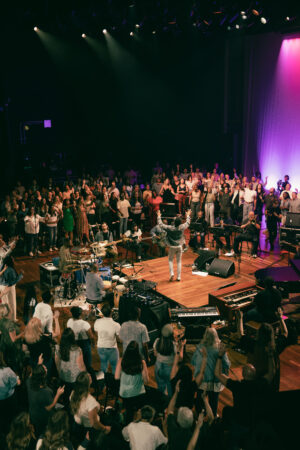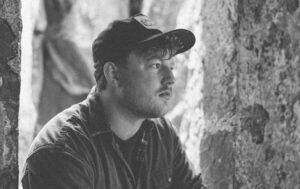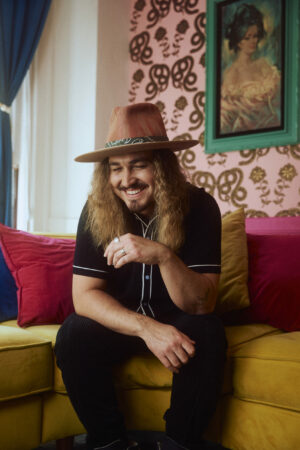About Jason Gray
Land of the Living
When Jason Gray sets out to craft an album, more often than not, he holds an image in his mind that helps guide the songs. For his latest full-length endeavor, Land of the Living, the critically acclaimed singer/songwriter says he envisioned Ray Charles standing on a stage, arms wide open. “I thought if I wrote with that spirit, of knowing your audience so well that you know how to love them, I could speak their language. I could break into their world and speak to them right where they are,” Gray asserts. “It could be more about loving them than about my own self-expression.”
Regardless of the portrait he conjures to help him architect a certain project, Gray has always been a welcoming voice. Since his 2007 nationwide label debut, All the Lovely Losers, Gray has established himself as a true songwriter’s songwriter. The beloved Centricity Music recording artist has garnered multiple ASCAP Performance Awards for popular songs like “Remind Me Who I Am” and “Sparrows” and summited the radio charts with hits like his first No. 1 AC standard, “With Every Act of Love,” and chart-topping Inspo single “Nothing Is Wasted.” Throughout his celebrated tenure, Gray has shared the stage with genre leaders like Michael W. Smith, Steven Curtis Chapman, Third Day, TobyMac, Lauren Daigle and others, in addition to headlining tours of his own. Moreover, he’s the host of the popular Acoustic Storytime, a monthly writers-round radio show recorded at The Well Coffeehouse in Brentwood, Tenn., for SiriusXM The Message that highlights stories and songs from both well-known Christian acts and newcomers alike.
On Land of the Living, Gray is less of a host and more of a participant in the stories he’s telling. Rather than leading listeners on a journey revolving around a central theme like he did with 2020’s Order Disorder Reorder, this album serves up a batch of pop-friendly, radio-ready contenders primed for conversation.
“Concept albums tend to ask something of the listener,” he says in regards to Land of the Living’s predecessor. “This record is a little bit more, ‘Thank you for your attention. That was the meat. Let’s have a little dessert.’”
This cherry-on-top addition to his catalog is full of meaningful songs marked by Gray’s remarkable ability to plumb the depths of the human experience — all within the confines of a three-minute pop song.
“I think great artists, when they’re pulled a bit more to the center and asked to consider a mass audience, oftentimes, I think it pulls their best work out of them,” Gray offers, referencing a few of his own musical heroes like U2 and Shawn Colvin. “This current record is less self-indulgently artistic than it is written very much with the audience in mind.”
While the dozen tracks that comprise Land of the Living are universal in nature, Gray says he normally directs his lyrics toward a specific individual — a loved one, a listener he’s met out on the road — to help him assemble songs that prove helpful, if not altogether healing. “I will think of specific people I know who are struggling with this or that,” he shares of his creative process. “And I think, ‘If I were to have a conversation with that person, would these words I’m singing ring true?’ If I keep that in mind, it generally reveals the less true lines.”
To keep him honest, there’s always one question Gray asks when he walks into a writing room: How do we tell the truth today? Yet, he proposes there’s another question that’s often a quicker route to the heart of the matter: What are we afraid to talk about today?
He discovered the answer to that question when he penned “Worth Staying For,” arguably the most personal song of his entire career. Written with his good friend Andy Gullahorn, the autobiographical selection uncovers his scars as he shares his core fear of abandonment, his memory of his father leaving and how his childhood wounds reopened years later during a painful divorce. “I was scared to release that one,” he confesses, “because as a writer, you don’t want to be the victim or the hero of your songs.”
Other topics he covers on Land of the Living aren’t nearly as heavy, yet, just like Gray, they’re exceptionally thoughtful. He excavates Psalm 27 on the title-cut, explores childlike wonder on “When I Grow Up,” celebrates biblical manhood on “Good Man” and wrestles with doubt on “Questions.”
Lead single “Place for Me” was birthed out of his own weighty baggage from the church, a place he’s ultimately found to be a refuge for the sinner and saint alike. “At its best, the church offers a place of belonging based on our need for grace, for each other, for help and for guidance,” Gray says of the message behind the upbeat offering he co-wrote with Matt Armstrong and Ethan Hulse. “It’s where different people, who don’t necessarily agree with each other, come together and manage to point their hearts in the same direction for a couple hours every week, and that’s beautiful.”
While he acknowledges the cultural climate of the day is enough to polarize our pew-lined aisles, he also contends that maybe there’s a healthier, more empathetic way. The tongue-in-cheek quirkiness of “Jesus Loves You (And I’m Trying),” for example, starts in the mire of the comments section, finds its way to the real world with a family member and ends with Gray realizing, “It begins right here with the man in the mirror, if I hope to love my neighbor well. ’Cause I’ve lived long enough to learn the faults I find in others are the same things I don’t like about myself.”
This same kind of quiet conviction pulses through the pop-centric “Be Kind,” which he penned alongside Paul Duncan, Colby Wedgeworth and Charlie Peacock. Inspired by the quote, “Be kind, for everyone you meet is fighting a hard battle,” the track is far more than a bumper-sticker-worthy catchphrase. “That little combination of words shifted the way I saw everybody around me,” the singer shares. “I’ve been through some hard things, and I wasn’t my best self a lot of the time. I would hope that during that season people might have seen me through the lens of kindness and empathy. So I thought writing a song about it could potentially help us all see each other better.”
The Gospel-inflected, choir-assisted “When I Say Yes” captures another moment of clarity when he was able to view a bunch of fifth graders in a new light, and in turn, discover something about his own spiritual path. A group of passionate kids attending a camp where Gray has spent the better part of the past 30 summers leading worship helped him realize our initial “yes” to Jesus is far less complicated than we try to make it.
“In religious culture, we have a tendency to make salvation a condition of understanding and intellectually assenting to these certain ideas, when actually, if we boil it way down, salvation is having a ‘yes’ in our heart. As long as you have a ‘yes’ in your heart — even a fumbling ‘yes’ — the details will work themselves out,” Gray asserts. “These fifth graders made me think about my own story. I gave my first ‘yes’ to the Lord decades ago, and I’m still working out the details.”
Perhaps that’s why Gray writes songs — to work out the details of life and faith and relationship. While his music has always given listeners a safe space to do the same, the veteran artist reveals he finds himself writing from a different perspective on Land of the Living. “I now see songwriting as trying to offer healing language to the world,” Gray says. “It makes it less egocentric. It’s not about me expressing myself. Instead, it’s about me trying to love my audience well.”

